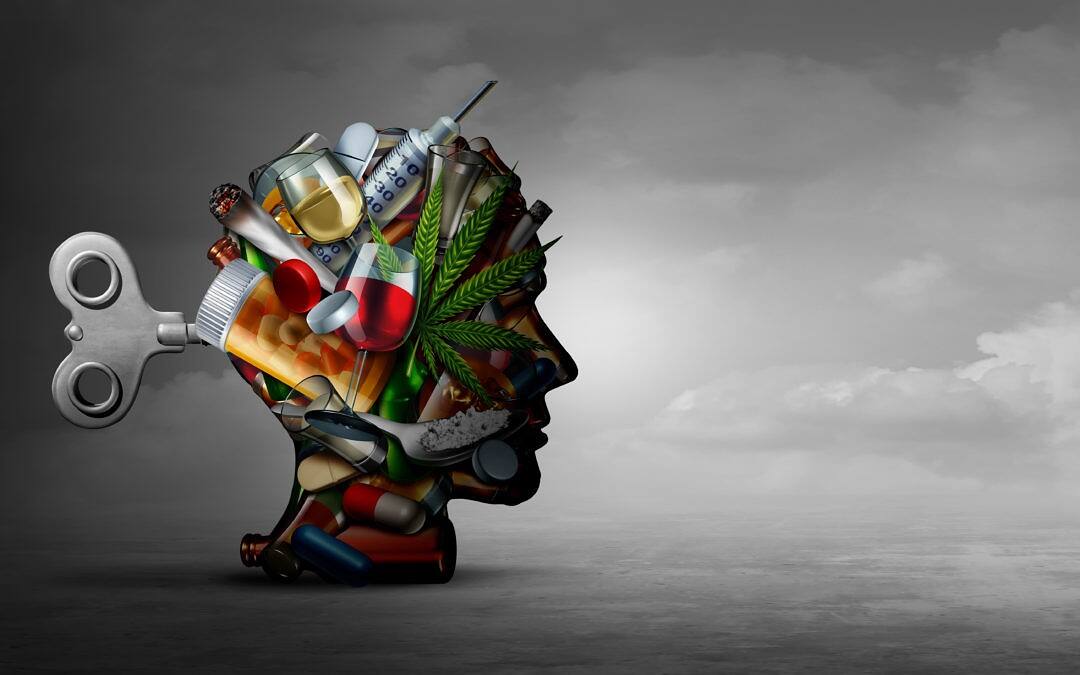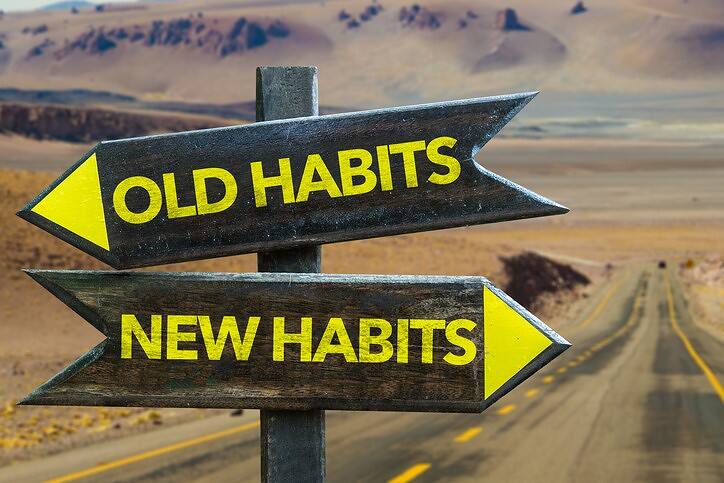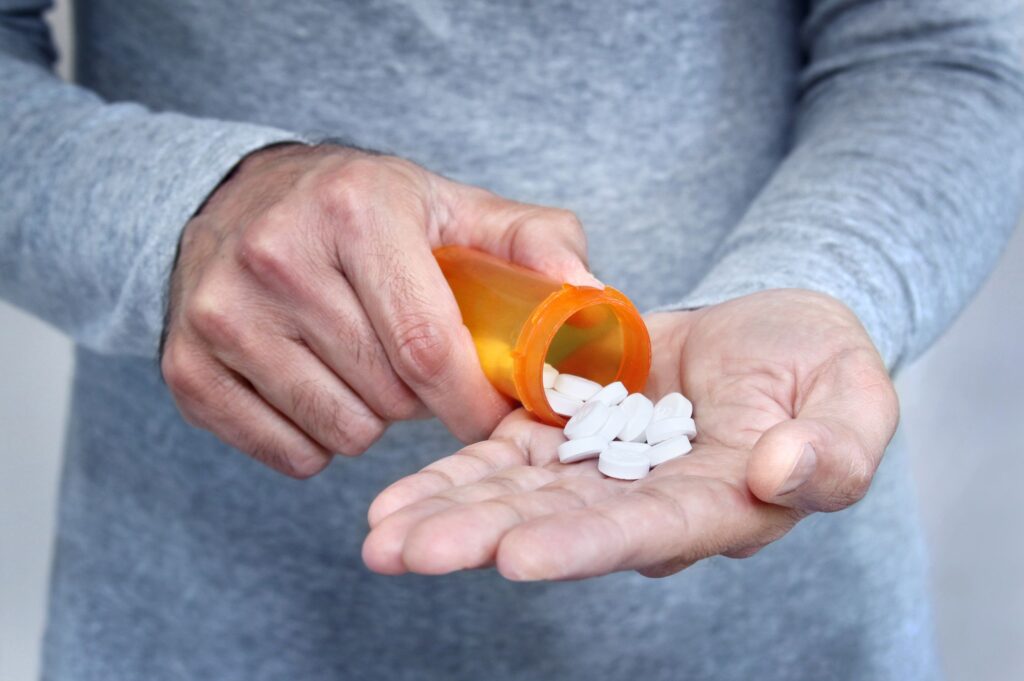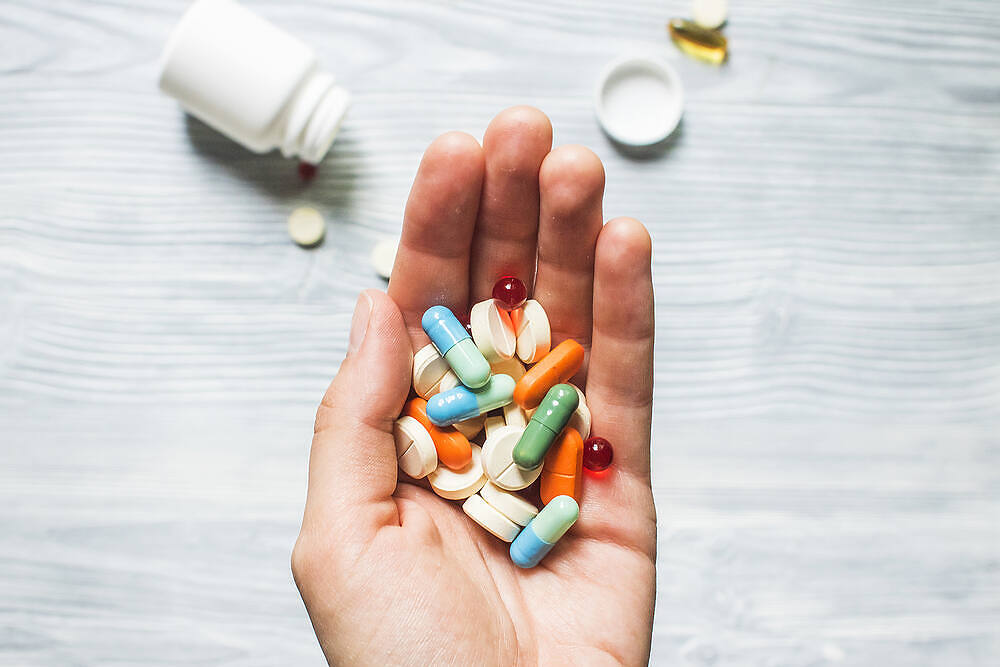
The First Step to Recovery – Admission
Before we can address any problem, we must, of course, admit that there is a problem.
One of the oldest and most established forms of addiction treatment, the 12-step model, invariably has as its first step this admission. This is regardless of the form that the addiction takes.
But just how much of a problem are we willing to admit to?
The Extent of the Problem
Take, for instance, someone who has identified that they suffer from drug addiction. Perhaps an addiction to an illegal street drug like cocaine. It may seem obvious to this person that abstaining from using cocaine is going to be necessary if they are going to be successful in overcoming their addiction.
However, what about, say, drinking alcohol? Or other street drugs? Or prescription medications, or even pastimes like gambling or shopping? Can these present a danger to successful recovery from addiction as well?
What is Cross-Addiction?
In answering this question, it may be helpful to look at what we mean when we use the word “addiction”. Take, for instance, our example of cocaine addiction. In this case, it may mean continuing to use cocaine despite negative consequences and harm to ourselves and others around us.
As these consequences begin to pile up, we reach for something to distract us from them – in this case, more cocaine; this then becomes a downward spiral.
Addiction, therefore, is really a pattern of behaviour based on distraction. We use substances (or behaviours) to distract ourselves from negative or uncomfortable feelings, feelings which are often caused or worsened by our addiction itself.
The Dangers of Cross-Addiction
Cross-addiction is simply a term used to describe when the focus of our addiction – the thing we are using to distract ourselves, shifts from one substance or behaviour to another. So in the example of our cocaine addict, they may, for instance, stop using cocaine entirely. However, alcohol was not their problem, at least not whilst they were using coke. Without even realising it, they begin to consume more alcohol until this begins to cause them problems.
Cross-addiction can be particularly dangerous in that it can involve things which we may not even see as having the potential to cause addiction. Being in recovery from addiction means we must learn these seemingly innocent “danger areas” and keep watch for them becoming a problem.
If we are not mindful of these areas, they may become such a problem that they lead directly to relapse into our original problem substance or activity. Most addicted individuals have a go-to drug or activity (or a combination); the drug or activity that provides a complete escape from reality and themselves.
Process Addictions
A process addiction is an addiction to a behaviour or activity as opposed to a chemical substance. Some of these behaviours or activities may be easier to identify as potential areas of risk for addiction – gambling addiction, for instance; however; some may be harder to spot.
Seemingly innocuous and everyday behaviours such as work, exercise or eating may become problems if we, without thinking, begin to use them as a way of distracting ourselves from our problems.
Process addiction and drug or alcohol addiction often go hand in hand and tend to be prompted by the same type of feelings and compulsions. As a progressive disorder of the brain, a potential addiction doesn’t always immediately carry negative consequences – these tend to come later as the dependency builds momentum.
The Professional Counselor Journal reports that individuals with process addiction frequently have another addiction or disorder accompanying it. It is estimated that sex and love addiction co-occurs with addiction with rates as high as 40 per cent and eating addiction co-occurs at around 25 per cent. Gambling addiction co-occurs with addiction to rates anywhere between 20 and 30 per cent. Exercise addiction co-occurs with rates as high as 15 per cent and internet addiction co-occur at about 10 per cent.
A co-occurring illness or cross-addiction isn’t always easy to spot from the outset. But take away the primary addiction, and without the correct treatment, the co-occurring addiction soon reveals itself in its full, unapologetic glory!
But I’ve Got a Prescription
Great care must be taken when giving advice regarding medical prescribing. Your GP or other medical professionals should always be the first port of call when seeking advice on this topic.
If we, however, we have the disease of addiction, we must be cautious and vigilant. Certain prescription medications stimulate the part of the brain that regulates addiction and addictive behaviour. The dopamine dysregulation in the limbic system of the brain seen in addiction is not able to tell the difference between addictive drugs. Therefore, if someone who has an addiction is given another addictive drug for whatever reason, the individual with addiction is being set up for relapse into their drug of choice.

This is where personal responsibility and rigorous honesty come into play. You should always make your GP and any other medical professionals aware that you are in recovery from addiction. They are then able to factor this into any prescription choices they may make and how they monitor and support you.
Why is cross-addiction so dangerous?
Drug or alcohol addiction treatment may, in the short term, involve residential rehab treatment or detox. However, in the long term, we will have to look at the underlying problems our addiction was helping us to distract ourselves from looking at.
If we simply replace one distraction with another, unfortunately, the likelihood is that eventually, this will become a problem in and of itself. It is vital in addiction recovery that we continuously remain vigilant for any other behaviours, activities or substances “sneaking up” on us.
Equally, if we allow ourselves to replace one distraction with another, we are making a relapse into the original addiction far more likely!
It is only by learning healthier ways of taking responsibility for our problems that we will be able to have an effective recovery. Our problems must be faced up to and addressed rather than distracted from.
Tackling addiction head-on
Comprehensive addiction treatment should always consist of evidence-based addiction treatment therapies that are designed to unearth and treat the root causes of addiction. This should be combined with effective and healthy ways of self-managing and regulating emotions.
By adopting healthier coping mechanisms and the “tools of recovery” any individual in recovery can make significant progress in all areas of their life. There will be no need to divert or distract as we can accept life as it comes and we face our problems.
It’s important that anyone who is considering getting sober or clean keeps an open mind to treatment. Overcoming addiction really isn’t as simple as just putting down the drink, drug or behaviour responsible for our downfall. Addiction is a far more complex illness than most people realise.
On the other hand, by taking responsibility, being accountable for our actions, trying to do the next right thing and avoiding diverting from our feelings, recovery can, in fact, be a very, very beautiful thing.
Perhaps you or someone you know is struggling with cross-addiction. Regardless of the circumstances, addiction help is available to you. There is no need to continue with that struggle. Please contact us for more information about addiction treatment on 02072052734.



